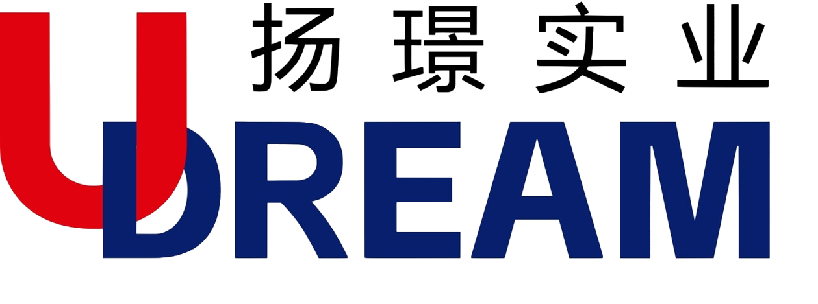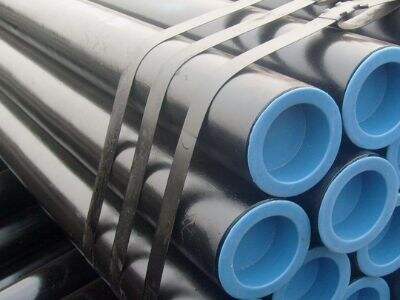What are Tariffs?
Ever heard of tariffs? The terms can become quite confusing, particularly for steel companies. Tariffs are a special tax that a country imposes on goods that are imported from abroad, such as steel. These taxes have been initiated in order to assist local businesses in being more competitive. If a country wants to protect its own market, it can impose additional money on goods originating from other countries. That means when steel comes into the country, the government adds a tax, making it more expensive.
How Tariffs Impact Steel Companies
Tariffs can indeed transform the way steel companies do business, globally. When one country chooses to impose a tariff on steel, it can set off a chain reaction involving many other countries. So, for example, if one country raises the cost of, say, 1 1 2 pipe steel by introducing a tariff, other countries might also notice that one price for steel just went up. This can be hard on businesses that have to buy steel to keep their products affordable for customers. If steel costs more, those companies may have to raise the prices of whatever they sell, which can make their customers unhappy.
Imports and Exports of Steel
Tariffs can play a large role in the volume of steel that companies import (bring into their country) and export (send to other countries). If a country adds a tariff on steel coming in, it can push up companies’ costs for the steel they need. As a result, they may need to look for alternative sources of steel, that may be more expensive or of lesser quality. This can cause problems for companies that use steel in their products.
Or, if a country places a tariff on steel leaving for other countries, it can block steel companies from selling overseas. This might also mean that they need to reduce the price of their steel to remain competitive or target new markets where they can sell their steel. It’s difficult to find new places to sell, particularly if other countries can hit you with their own tariffs.
How Steel Companies Adjust
Tariffs are usually a last-minute add-on to something steel companies have had to adjust their plans around quite quickly. Some companies may seek out new supplies of steel that are totally out of the reach of the tariffs. That 1 1 2 stainless steel pipe means they want to see steel from countries that do not face tariffs. Others may seek to negotiate with the country that set the tariff in the hopes of winning an exemption or special permissions to avoid the extra fees.
Tariffs also require steel companies to learn to follow new rules and regulations. They may have to complete additional paperwork or enlist the help of specialists to help them figure out what they need to do. This is hard work, but it matters to their continued business and ability to serve goods.
What Experts Say
Tariffs are a topic with varying perspectives for people who know a lot about the steel business. Tariffs are both good and bad for steel companies, they say. On one side, tariffs can lead to better conditions for local steel producers by allowing them more opportunity to compete with foreign steel. That means local businesses can keep their prices lower and remain healthy. But tariffs also can be an obstacle to businesses that must purchase steel from elsewhere. Companies like appliance makers to automobile manufacturers could have a hard time because they depend on imported steel in their manufacturing.
The experts also feel that steel companies should always keep themselves prepped for changes in the tariffs. They ought to have contingency plans prepared in case tariffs suddenly shift. It is essential as tariffs may be imposed rapidly and with little prior notice, thus they must be well geared for their success.
UDREAM and Steel
UDREAM is one of the companies that use 1 1 4 steel tubing in many products such as bicycles and furniture. So it’s very critical for us to understand how tariffs impact steel and how they impact our business." We want to stay informed of any incoming tariffs.
As a corporation, we are focused on locating high-quality steel that is not impacted by the tariffs. So we do understand this may be difficult and can require a significant amount of work, but we feel that it is important to be able to support businesses that depend on steel from abroad. We are focused on securing sustainable supply sources of steel.
We also want to help mitigate the impact of tariffs on the environment. The steel industry has the potential to produce a lot of greenhouse gas emissions that contribute to climate change. That’s why we feel it’s important to back companies working tirelessly to lower their carbon emissions and cleaner, healthier steelmaking.
In Summary
Ultimately, tariffs can be a major force in shaping the steel industry and steel companies' behaviour. Companies like UDREAM must be curbed aware regarding any changes in tariffs and their impact on their business. We will continue to adapt to whatever challenges come our way and seek new sources of steel that is sustainable and affordable as well.” We'll also work with industry to ensure tariffs are tailored as much as possible to minimize any adverse environmental effects, so that we can provide quality products to customers while doing our part to protect the planet.

 EN
EN
 AR
AR
 DA
DA
 FR
FR
 DE
DE
 EL
EL
 HI
HI
 IT
IT
 JA
JA
 KO
KO
 PT
PT
 RU
RU
 ES
ES
 SV
SV
 ID
ID
 VI
VI
 MT
MT
 TR
TR
 FA
FA
 AF
AF
 MS
MS
 GA
GA
 BN
BN
 KM
KM
 LO
LO
 LA
LA
 MN
MN
